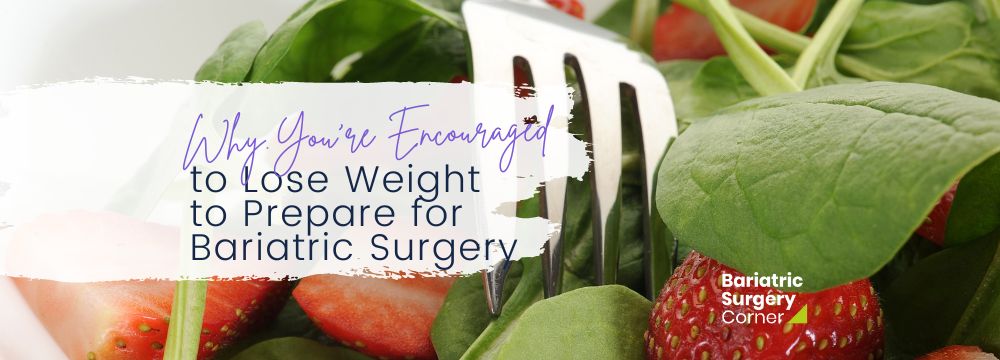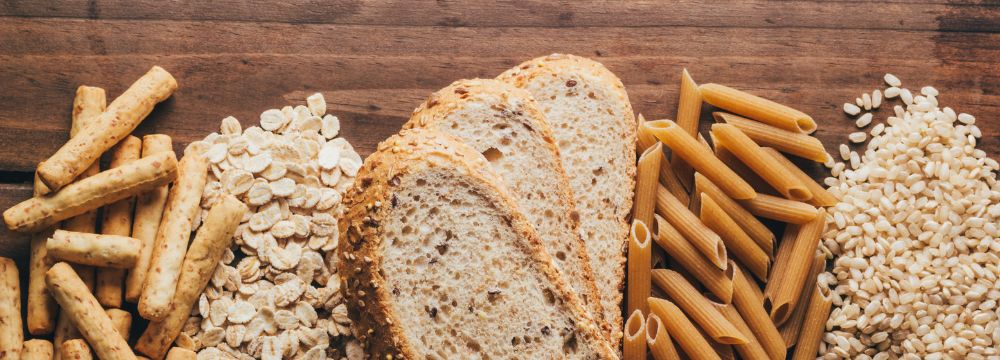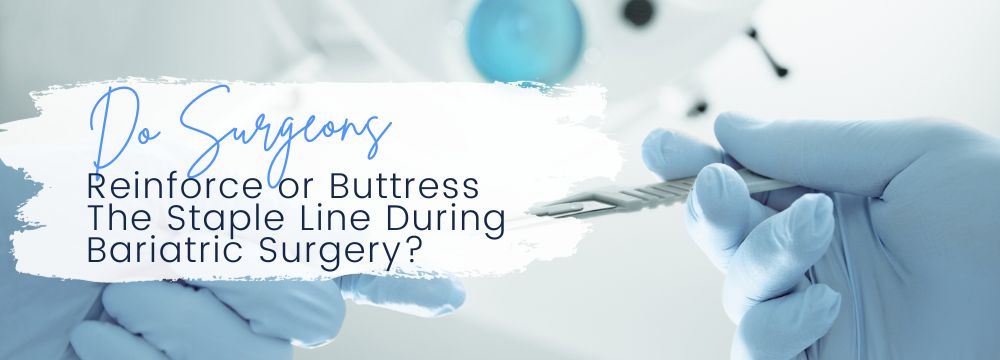
Intentional dietary weight loss leading up to bariatric surgery may seem counterintuitive to some. Even the most thoughtful of us in this life-altering journey may still view a decision toward surgery as a sort of ‘license to binge’ or attempt ‘one last hurrah’ before changing our eating habits forever. The question is often posed: “Well if I could diet and lose weight, why would I need surgery.” Simply put, surgery maintains and propels weight loss for an overwhelmingly longer time than diet and exercise efforts alone. Most patients have been on a broken chain of diets nearly their entire lives. And weight regain is almost inevitable within a year or less for most attempting lifestyle modifications without the backstop of surgery.
Regardless of the surgery, a calorie-rich diet at any point may promote inflammatory and stress burdens on internal organs and the digestive tract. The liver, a vital filtration organ in the vascular system, most notably may distend during these food-stressed events. From a surgical perspective, this distended-in-size organ poses a physical obstruction in viewing the diaphragm, spleen, nerve, and vascular structures that your surgeon will encounter, manipulate and alter along with gastrointestinal anatomy. Additionally, the swollen liver becomes more friable and may, in fact, fracture and bleed during the procedure, further inhibiting the view of anatomy and impeding the evaluation of the surgical progression, such as staple and suture line integrity. Such blood loss is usually manageable for experienced surgical teams. Still, this additional insult (consider it a sort of bruising effect) to an already stressed organ can impact the rate of activity, recovery, and metabolism of the anesthetic. Even bowel movements become a burden following a time of rich food binging and the stress of motivating it out of the body during surgical recovery, which is limited by both pain and narcotic medication.
Physical issues aside, engaging in the program and accomplishing some degree of productive weight loss preoperatively becomes a runway. A runway? The surgery becomes a sort of ‘turbo boost’ as the body has already moved toward intentional ketosis, accessing fat stores as an energy source even before the big day. The psychological effects of small successes cannot be overstated either.
As with most regimens, repetition creates automation. Once again, as the challenges of physical recovery from surgery are encountered, engaging in a previously engrained pattern of behavior may be more natural or even reflexive. At a time of minimal control, it may also be therapeutic to experience feeling better through nutrition and accomplishment of its delivery into the body.









